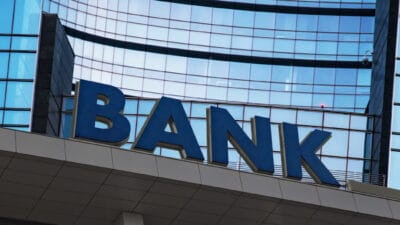Is the Australia and New Zealand Banking Group (ASX: ANZ) share price a buy?
According to MarketIndex, there are more brokers (seven) recommending that the ANZ share price is a hold than a buy (six) or a sell (two). But, those numbers do seem to suggest the ANZ share price might offer decent value.
And why wouldn't it look like decent value? It has a grossed-up dividend yield of nearly 9% and it's trading at only 10.5x FY20's estimated earnings. There are few businesses on the ASX that look as cheap compared to its trailing dividend yield or projected earnings.
However, the shine of the victory of the Royal Commission is wearing off, the ANZ share price has fallen 8% since the start of March, despite the share buy-back.
One of the main problems for ANZ is that Australian house prices continue to fall. Record-low interest rates have helped the affordability of debt in recent years, leading to very low bad debts for ANZ Bank, but continuous falling prices could see higher bad debts and lower credit growth.
Sydney and Melbourne have the largest populations and the highest property values, so they account for the biggest part of ANZ's loan book. In March 2019 alone Sydney dwelling prices dropped 0.9% and Melbourne prices dropped 0.8%. Both of them have fallen more than 10% since peaking.
A key question for potential ANZ shareholders to answer is whether ANZ earnings can grow from here. The drop in the Australian interest rate between the GFC and now will not happen again, there isn't going to be the same level of stimulus over the next decade as we've seen over the past decade.
I believe that ANZ profit growth will be fairly sluggish at best over the next couple of years, as it has been over the past few years. I can't see any particular catalyst in the near future which would turn sentiment or the profit growth around. Households are still heavily indebted with little wage growth, little inflation, high debt levels and lower confidence.








